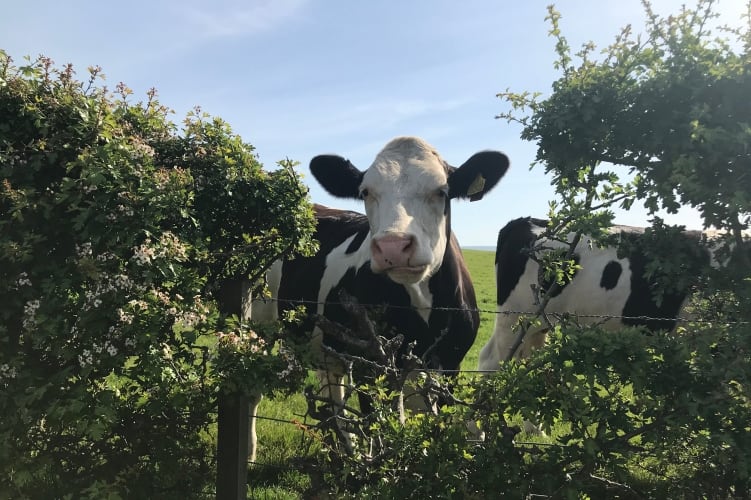Carbon dioxide levels in the air are at their highest level in 650,000 years and 19 of the warmest years have taken place since 2000.
The IFCN said livestock, and thus dairy farming, undeniably contribute to greenhouse gas emissions (GHG).
Torsten Hemme, founder of IFCN, said, “The GHG emissions of dairy farming account for about 2.2% of global GHG emissions. IFCN research shows that emerging countries account for 75% of those emissions and for approximately 100% of its growth over the past 20 years.”
By focusing on climate neutrality, the IFCN said it wants to provide a basis for decision-making and discussion through data and facts. The IFCN Dairy Baseline 2050 shows GHG emission per kilogram of milk globally will decline by 28% worldwide, driven by the observed trend towards higher milk yields. As a result, growing global milk demand of +50% will only cause 8% additional GHG emissions in dairy farming in the next 30 years.
The conference heard from speakers from global institutions and companies on the subject of how to reduce GHG emissions in dairy farming. The panelists came to the conclusion that carbon neutral dairy farming will become possible through appropriate farming systems, improved farm management, better access to financial resources, new technologies and a common dairy initiative.
Donald Moore, Global Dairy Platform, said, “By launching the Net Zero, Pathways to Low-Carbon Dairy initiative, the global dairy sector will demonstrate leadership in tackling climate change while protecting the vital role dairy plays in nutrition, and socio-economic outcomes.”
The majority of the conference participants (81%) agreed dairy farming can become carbon neutral by 2050. However, it is more likely that developed countries will get there first, so it is important to find a collaborative approach.
Jason Clay from WWF said, “Let’s build better knowledge sharing platforms - on how to reduce carbon emission in dairy. We need to learn faster.”

